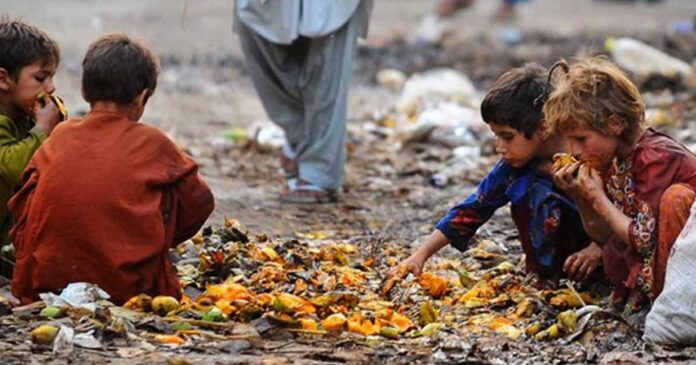ISLAMABAD: A World Bank study reveals that Pakistan’s General Sales Tax (GST) is the largest contributor to rising national poverty, with GST payments accounting for over 7 percent of households’ pre-tax expenditure, disproportionately impacting poor and vulnerable families.
The report titled Effects of Taxes and Transfers on Inequality and Poverty in Pakistan highlights that GST has the greatest marginal effect on increasing poverty, while the Benazir Income Support Programme (BISP) plays the biggest role in reducing inequality.
According to the study, GST is broadly aligned with consumption expenditure and is neither strongly regressive nor progressive. However, its overall impact leads to a rise in poverty levels. BISP’s cash transfers have the most significant effect in lowering inequality, followed by spending on pre-primary and primary education.
The World Bank recommends improving domestic revenue mobilization and enhancing public expenditure efficiency to create fiscal space, which should be prioritized for expanding social spending and targeted transfers to improve fiscal equity.
The report suggests that fiscal sustainability and equity can be achieved if additional revenue generated from GST harmonization is used to compensate poor households through well-targeted cash transfers. Further reforms in public health and education are expected to have long-term benefits in reducing poverty and inequality.
The study criticizes Pakistan’s fiscal policy for relying heavily on indirect taxes that burden the poor and regressive subsidies while underutilizing progressive direct taxation, targeted social transfers, and investments in social infrastructure.
It also finds that wealthier households receive a disproportionately larger share of subsidies and in-kind benefits while contributing more in direct and indirect taxes. In fiscal year 2019, the richest two deciles captured 34 percent of total subsidies, 29 percent of education benefits, and 27 percent of health benefits, while paying 40 percent of indirect tax revenues.
Most poor households remain net contributors to the fiscal system, paying more in taxes than they receive in benefits. Only the poorest 10 percent of the population are net beneficiaries, gaining about 1.2 percent of their pre-fiscal income, while all other income groups face net losses.
The report also notes that Pakistan has faced low and volatile economic growth over the past two decades, underscoring the need for fiscal reforms to promote equity and sustainable development.




